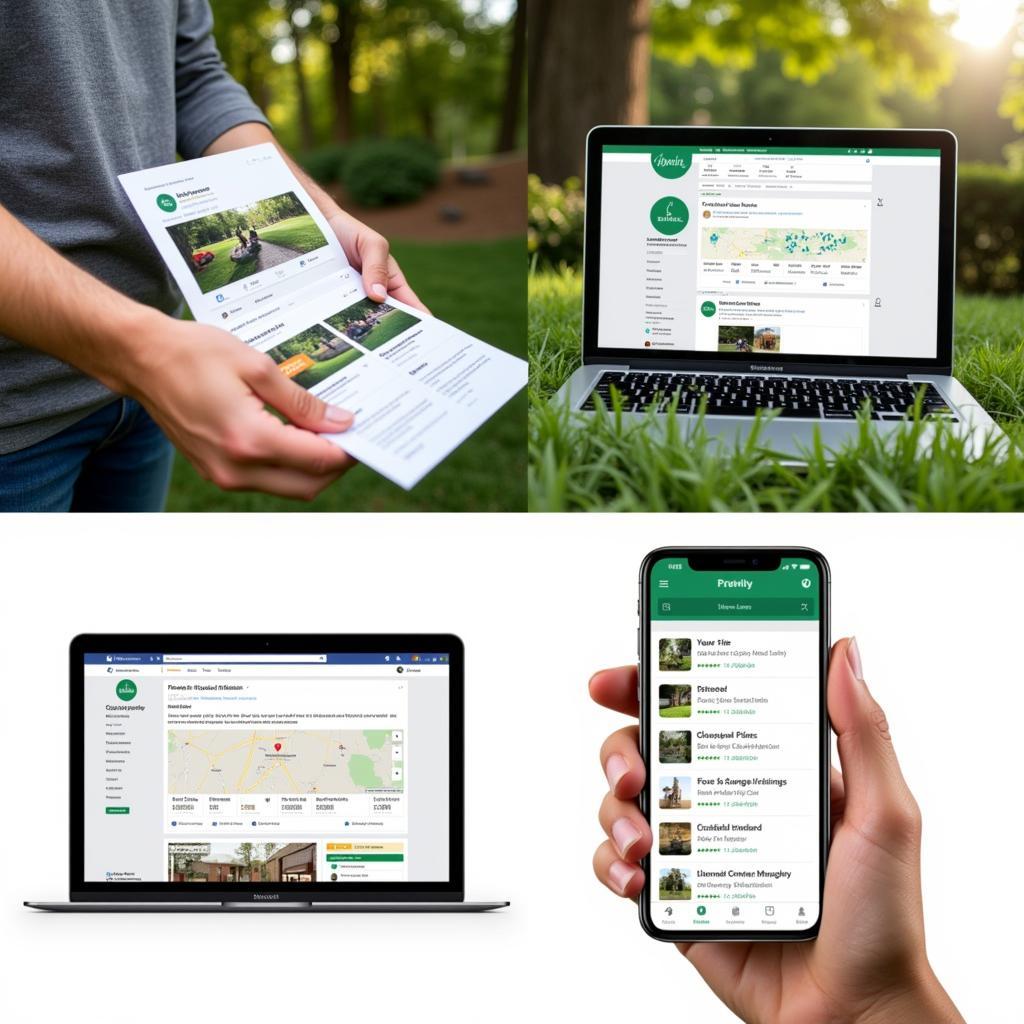When Do You Service a Car? A Comprehensive Guide
Knowing when to service your car is essential for its longevity, safety, and performance. While the age-old advice of “every 3,000 miles” might have held true in the past, modern vehicles have different needs. This comprehensive guide will walk you through understanding your car’s service schedule, recognizing potential problems, and keeping your vehicle running smoothly for years to come.
Deciphering Your Car’s Service Schedule
The best place to start is your car’s owner’s manual. Manufacturers lay out specific service intervals tailored to your vehicle model. This schedule outlines routine maintenance tasks like oil changes, filter replacements, and fluid top-offs, ensuring your car receives the care it needs at the right time.
Common Service Intervals and What They Entail
While specific recommendations vary, here are general guidelines for common service intervals:
Every 3,000-5,000 Miles:
- Oil and Oil Filter Change: Regular oil changes are vital for engine lubrication and preventing wear and tear.
- Tire Rotation: Rotating your tires ensures even wear and extends their lifespan.
- Visual Inspection: Mechanics will check for visible signs of wear and tear on belts, hoses, and other components.
Every 15,000-30,000 Miles:
- Air Filter Replacement: A clean air filter ensures optimal engine performance and fuel efficiency.
- Cabin Air Filter Replacement: This filter keeps the air inside your car clean and free of dust and allergens.
- Brake Inspection: Mechanics will check the thickness of your brake pads and the condition of your rotors.
Every 30,000-60,000 Miles:
- Spark Plug Replacement: Spark plugs ignite the fuel-air mixture in your engine, and worn-out plugs can lead to misfires and reduced performance.
- Coolant Flush: Flushing and replacing your coolant prevents corrosion and keeps your engine running at the optimal temperature.
- Transmission Fluid Change: (For automatic transmissions) This fluid lubricates the moving parts of your transmission, ensuring smooth gear changes.
Every 60,000-90,000 Miles:
- Timing Belt/Chain Inspection: The timing belt/chain synchronizes your engine’s valves and pistons. A broken belt/chain can cause catastrophic engine damage.
- Serpentine Belt Replacement: This belt drives essential components like the alternator, power steering pump, and water pump.
Remember, these are general guidelines. Consult your owner’s manual for your vehicle’s specific service schedule and recommended maintenance tasks.
Recognizing When Your Car Needs Service
Beyond scheduled maintenance, your car will often signal when it needs attention. Pay close attention to these warning signs:
Dashboard Warning Lights: Modern cars are equipped with a range of sensors. If a warning light illuminates on your dashboard, don’t ignore it. It could indicate anything from low tire pressure to a more serious engine problem.
Unusual Noises: Screeching brakes, a grinding sound when shifting gears, or knocking from the engine are all signs that something is amiss.
Fluid Leaks: Puddles under your car could indicate leaking oil, coolant, transmission fluid, or brake fluid – all require immediate attention.
Changes in Performance: A sudden decrease in fuel efficiency, sluggish acceleration, or difficulty starting your car are all signs that a service is due.
“Ignoring warning signs is like playing Russian roulette with your car,” says master mechanic John Smith, owner of Smith’s Auto Repair. “Addressing issues early can save you time, money, and potential headaches down the road.”
Factors Influencing Service Intervals
While your car’s service schedule provides a baseline, several factors can influence how often your vehicle needs attention:
Driving Conditions: Frequent stop-and-go city driving, extreme temperatures, and rough terrain can put additional strain on your car, requiring more frequent service.
Driving Habits: Aggressive driving, frequent towing, and high mileage can accelerate wear and tear on your vehicle.
Vehicle Age and Condition: Older cars and those with existing problems might require more frequent service and repairs.
The Importance of Regular Car Service
Regular car service isn’t just about ticking boxes; it’s an investment in your vehicle’s health, safety, and performance. Here’s why:
Safety: Regular maintenance ensures your brakes, tires, lights, and other safety-critical components are in optimal working order, keeping you and your passengers safe on the road.
Reliability: By addressing minor issues before they escalate into major problems, regular service helps prevent breakdowns and keeps your car running reliably.
Performance: Well-maintained vehicles perform better, offering improved fuel efficiency, smoother handling, and a more enjoyable driving experience.
Resale Value: A well-documented service history can significantly enhance the resale value of your car, demonstrating to potential buyers that it has been well-cared for.
FAQs
Q: Can I service my car myself?
A: While some maintenance tasks, like checking fluids and changing air filters, can be done at home, more complex procedures are best left to qualified mechanics.
Q: What is the difference between a service and an MOT?
A: A service is routine maintenance to keep your car running smoothly, while an MOT is a legal requirement in some countries to ensure your vehicle meets minimum safety and environmental standards.
Q: How much does a car service cost?
A: The cost of a car service varies depending on the make and model of your car, the type of service required, and the labor rates in your area.
how often do you need to service your car
Don’t Delay, Schedule Your Car Service Today
Keeping your car in top condition requires proactive maintenance. By following the manufacturer’s recommended service schedule, paying attention to warning signs, and addressing issues promptly, you can extend the lifespan of your vehicle, enjoy worry-free driving, and maximize your investment.
what do they do when you have your car serviced
Need help understanding your car’s needs? Contact our team of experts via WhatsApp at +1(641)206-8880 or email us at [email protected]. We are available 24/7 to answer your questions and schedule your next car service.

